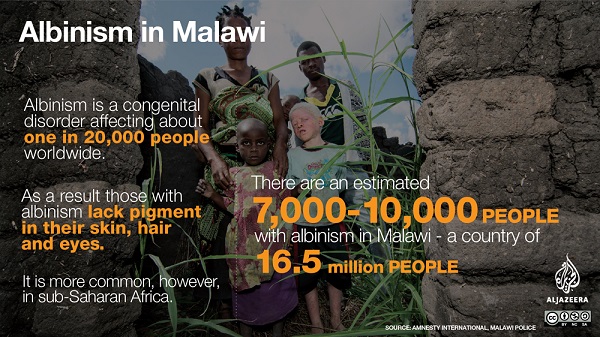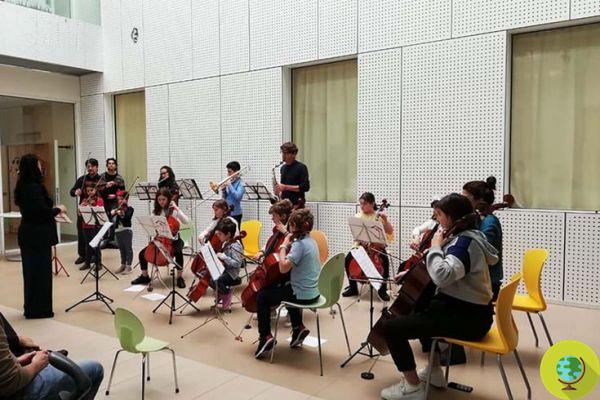
Contact with nature is a remedy against aggression in children and adolescents: this is stated by a study just published in the United States, which gives us one more reason to ask those who plan and manage urban areas to aim for more on the quality and quantity of public parks.
Contact with nature is a remedy for aggression in children and adolescents: this is stated in a study just published in the United States, which gives us one more reason to ask those who plan and manage urban areas to focus more on the quality and quantity of public green spaces.
Who hasn't experienced a moment of sadness or nervousness and calmed down with a nice walk among the trees? Or to be short of ideas and to have found the right inspiration just walking in the green of a park?
READ also: More creative brain if you walk in nature
Il relaxing and calming power of contact with nature it is something that everyone has experienced at least once in their life. But there is more: living near a park or a wood also has a significant influence on temperament: according to a study conducted by University of Southern California researchersin fact, adolescents who grow up in the city, but in any case near a green area, are less likely to be aggressive than their peers who do not enjoy this "privilege".
READ also: Henry David Thoreau: Go to the woods to learn to live wisely
The study in question is titled Environmental Determinants of Aggression in Adolescents: Role of Urban Neighborhood Greenspace and has just been published in the Journal of the American Academy of Child and Adolescent Psichiatry.
The researchers conducted a rather large experiment, following for several years, from 2000 to 2012, 1.287 children and adolescents between the ages of 9 and 18, from 640 families in the Los Angeles area, both male and female and belonging to to different ethnic and socio-economic groups. Parents were asked to compile a list of their children's behaviors several times each year, while the amount of green space and vegetation present in the neighborhood of residence (within 1 km of their homes) was assessed using satellite images.
The conclusions of the experiment are quite significant, as they reveal the influence of contact with nature in favoring the behavioral maturity of the youngest, making them less aggressive.
READ also: Yoga and meditation in nature: all the benefits of practicing surrounded by greenery
“The presence of a green space within a radius of 1.000 meters from the place of residence has been associated with a reduction of aggressive behaviors, both for short-term exposures (from 1 to 6 months) and for long-term exposures (from 1 to 3 years). " - the study reads in this regard - “The benefit of an increase in vegetation compared to what is commonly seen in urban environments corresponds to 2-2,5 years of behavioral maturation. Socio-demographic factors (such as age, sex, race / ethnicity and socio-economic status) and neighborhood quality do not deny or modify these associations. "
According to the study, in short, the proximity of a green space, be it a park, a forest or a playground, helps prevent aggressive behavior in children and adolescents that grow in urban environments, exerting a greater influence than factors such as gender, social affiliation or economic status. A previous study had also shown that parks and trees in our neighborhoods, if well maintained, can lower the rates of certain types of crime, such as aggravated assault, robbery and burglary, by lowering crime levels.
If we think of the countless episodes of violence and bullying which too often involve young and very young people, we cannot but hope that every child, growing up, will be able to recognize the right to live near a beautiful green park: a clean and protected space in which to run, jump and give free rein to your energies. It would benefit everyone.
Lisa Vagnozzi

























